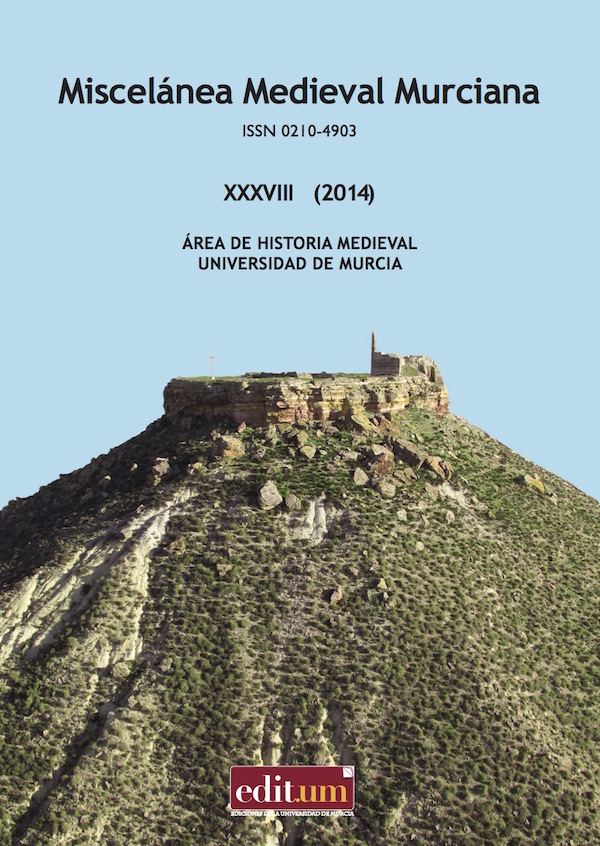La compleja conceptualización del paganismo en la Antigüedad Tardía
Abstract
The historiographical Late Antiquity space has allowed for some decades now delve into a number of complex issues related to Christianity, paganism and bindings. Also, issues of social history of language have become aware of the power of language and its relation to other forms of power. Our paper attempts to outline some relevant aspects arising from the African and Hispanic reading sources about the pagan religion. The work of Christian apologists focused on describing the pagan religion and to demonstrate that their myths and stories lacked credibility and that, ultimately, it was reasonable to abandon them. Later in time, when a new political order was imposed and strengthened the Church to come to power, the statutory language began to outline the forms of life that pagans and Christians shared. By the seventh century, the place changed from paganism to Christianity and his speech envisions a shift from something alive and in force to something dead.
Downloads
Las obras que se publican en esta revista están sujetas a los siguientes términos:
1. El Servicio de Publicaciones de la Universidad de Murcia (la editorial) conserva los derechos patrimoniales (copyright) de las obras publicadas, y favorece y permite la reutilización de las mismas bajo la licencia de uso indicada en el punto 2.
2. Las obras se publican en la edición electrónica de la revista bajo una licencia Creative Commons Reconocimiento-NoComercial-SinObraDerivada 3.0 España (texto legal). Se pueden copiar, usar, difundir, transmitir y exponer públicamente, siempre que: i) se cite la autoría y la fuente original de su publicación (revista, editorial y URL de la obra); ii) no se usen para fines comerciales; iii) se mencione la existencia y especificaciones de esta licencia de uso.
3. Condiciones de auto-archivo. Se permite y se anima a los autores a difundir electrónicamente las versiones pre-print (versión antes de ser evaluada) y/o post-print (versión evaluada y aceptada para su publicación) de sus obras antes de su publicación, ya que favorece su circulación y difusión más temprana y con ello un posible aumento en su citación y alcance entre la comunidad académica. Color RoMEO: verde.





